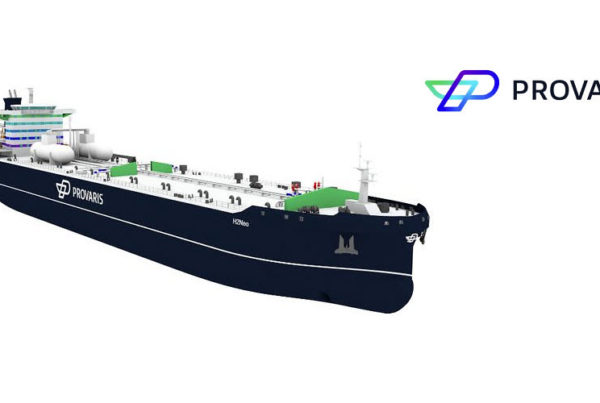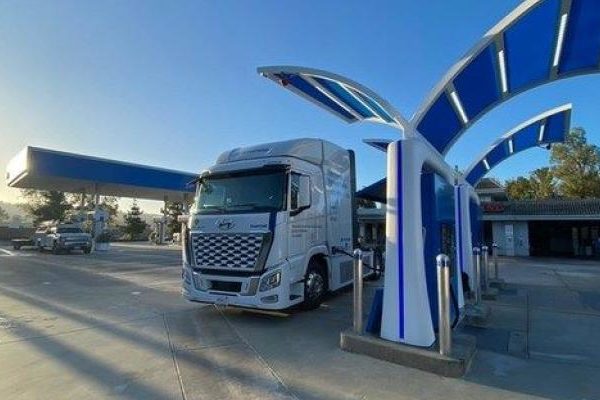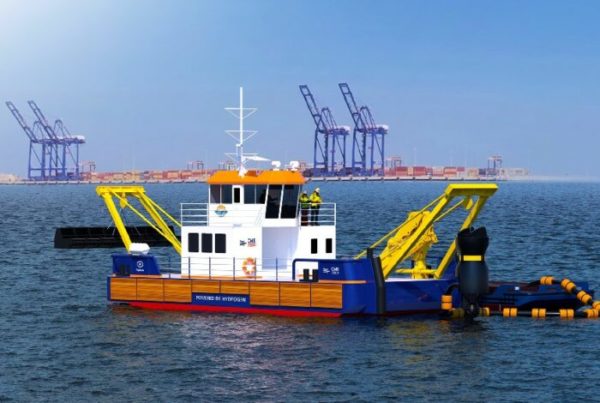
Vattenfall, SAS, Shell and LanzaTech will jointly research in Sweden the production of the world’s first synthetic sustainable aviation fuel (SAF) with the LanzaJetTM “Alcohol to Jet” technology. The synthetic SAF is not produced using fossil raw materials, but with the help of fossil-free electricity and carbon dioxide recovered from district heating.
In a new production facility, up to 50,000 tons of synthetic SAF are to be produced annually, provided that a corresponding investment decision is made at a later point in time. The synthetic SAF, also known as electric fuel, is made from fossil-free electricity and recovered carbon dioxide using the “Alcohol to Jet” technology developed by LanzaTech and the Pacific Northwest National Laboratory (PNNL) of the US Department of Energy. If production is in full swing, SAS could use it to meet up to 25 percent of its global needs for sustainable aviation fuel in the 2030s.
A joint study has shown promising prerequisites for the project. All partner companies are now ready to carry out further analyzes. The aim is to put the new production facility near Forsmark on the Swedish east coast into operation between 2026 and 2027.
“SAS and sustainability go hand in hand,” says Anko van der Werff, President and CEO of SAS. “That is why we are very proud to be part of this unique project in which ambitious sustainability goals and plans can be realized. Our shared commitment to finding ways to mass-produce a more sustainable aviation fuel is a fantastic opportunity to accelerate the commercialization of SAF and thus accelerate the industry-leading transition from SAS to zero-emission flights. ”
“This initiative shows the potential of cross-industry partnerships to drive the decarbonization of a sector where it is particularly difficult to do so,” added Anna Borg, President and CEO of Vattenfall. “We need faster innovation to make the transition to a fossil-free life within a generation. This is a really good opportunity and together we will continue to research how to make low-emission electric fuel for aviation. ”
“Sustainable aviation fuel offers the greatest potential for reducing emissions in aviation,” said Anna Mascolo, President of Shell Aviation. “Only if we work together across the aviation ecosystem today to advance the technologies and infrastructure needed to mass-produce SAF can the aviation sector reach net zero by 2050. Therefore I am pleased about this partnership to explore another way for SAF production. ”
“Obtaining the quantities of SAF required for sustainable air traffic is a very big challenge,” says Jennifer Holmgren, CEO of LanzaTech. “With fossil-free energy and the reuse of carbon dioxide, we can produce these quantities on an unprecedented scale. We have to rethink carbon and make it usable together with fossil-free energy in order to create a new, climate-proof future for everyone. ”
The aim of the project is to start producing electric fuel in Sweden. The companies have signed a letter of intent and agreed that Vattenfall will investigate fossil-free power supply, hydrogen production and carbon dioxide recovery. Shell will explore fuel production and logistics and act as a buyer for electric fuel. LanzaTech will provide its know-how in gas fermentation for the production of ethanol from the inlet gas streams. The parties will acquire licenses for the LanzaJet “Alcohol to Jet” technology to convert the ethanol into electric fuel. SAS will participate as a potential buyer of the electric fuel.
Read the most up to date Fuel Cell and Hydrogen Industry news at FuelCellsWorks




